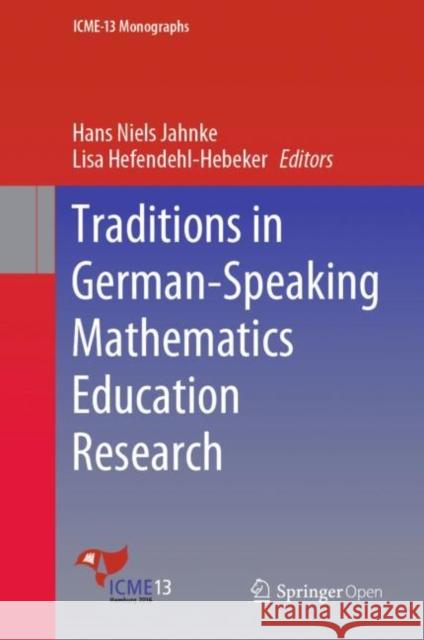Traditions in German-Speaking Mathematics Education Research » książka
topmenu
Traditions in German-Speaking Mathematics Education Research
ISBN-13: 9783030110680 / Angielski / Twarda / 2019 / 278 str.
Kategorie:
Kategorie BISAC:
Wydawca:
Springer
Seria wydawnicza:
Język:
Angielski
ISBN-13:
9783030110680
Rok wydania:
2019
Wydanie:
2019
Ilość stron:
278
Waga:
0.58 kg
Wymiary:
23.39 x 15.6 x 1.75
Oprawa:
Twarda
Wolumenów:
01
Dodatkowe informacje:
Wydanie ilustrowane











